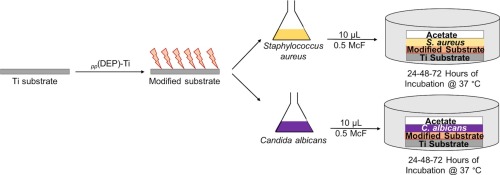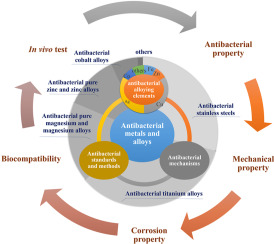Introduction:
Titanium felt is a versatile material known for its exceptional properties, including its antibacterial and antifungal characteristics. In this article, we will explore the various ways in which titanium felt exhibits resistance to bacteria and mold, making it an ideal choice for a wide range of applications.

Antibacterial Properties:
Titanium felt actively combats bacterial growth by inhibiting their reproduction and spread.
The surface of titanium felt possesses inherent antibacterial properties, preventing the colonization and survival of harmful bacteria.
Its antibacterial action is attribut to the release of metal ions, such as titanium dioxide, which disrupt bacterial cell membranes and metabolic processes.
The unique structure of titanium felt promotes the efficient diffusion of oxygen, limiting the growth of anaerobic bacteria.
Antimicrobial Properties:
In addition to its antibacterial effects, titanium felt also exhibits antimicrobial properties, targeting a broader spectrum of microorganisms.
The material’s antimicrobial action is attributed to its ability to disrupt the cellular structure and functions of various microorganisms.
Titanium felt effectively inhibits the growth and survival of fungi, yeasts, and other harmful microorganisms.
Its antimicrobial properties make it suitable for applications in healthcare settings, where preventing infections is crucial.

Medical Industry:
Titanium felt finds extensive use in medical devices, such as implants and prosthetics, due to its antibacterial properties that reduce the risk of infections.
It can also employed in wound dressings, preventing microbial contamination and promoting faster healing.
Construction Industry:
Titanium felt incorporated into building materials, such as paints and coatings, to provide long-lasting protection against mold and bacterial growth.
Its antimicrobial properties contribute to maintaining a healthy indoor environment by preventing the proliferation of harmful microorganisms.
Textile Industry:
The use of titanium felt in fabrics and textiles imparts antibacterial and antifungal properties, making them resistant to odor-causing bacteria and mold.
This feature is particularly beneficial in sportswear, socks, and other garments that are prone to microbial growth and unpleasant odors.
Conclusion:
Titanium felt’s remarkable antibacterial and antimicrobial properties make it a valuable material in various industries. Its ability to inhibit the growth and spread of bacteria and mold contributes to improved hygiene, reduced infections. And it enhanced product longevity. As research continues, we can expect further advancements in harnessing the potential of titanium felt for creating safer and healthier environments.